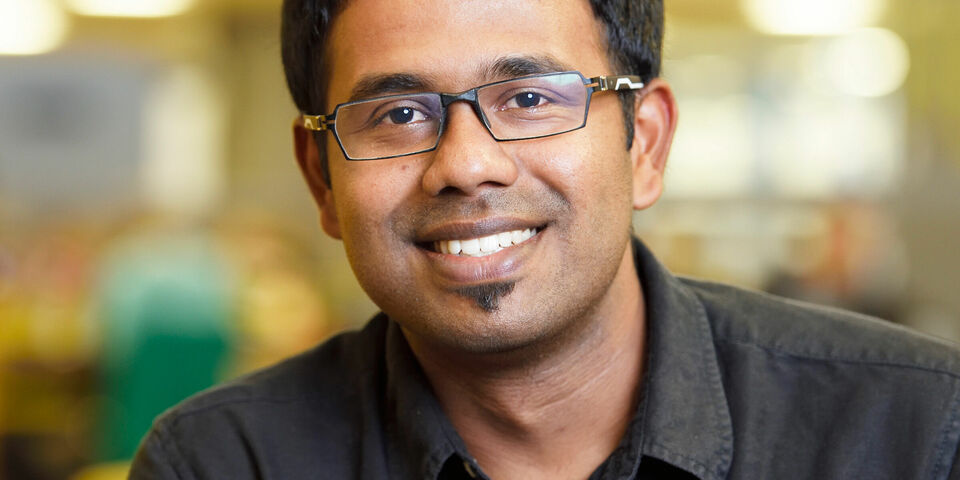CLMN | short sIght
We want a phone with top end specifications, reliable brand, excellent camera and so on. How many of us care about the mines and miners’ conditions, from which the important minerals used in our phones come? The documentary ‘Blood in the mobile’ opened up my mind about transparency and companies’ laws.
How many of us wear jeans? (Duh!) But how many of us know how jeans are made? Who is making it and what are the living conditions of the labourers involved?
Why should I care? This question is the root cause of our ‘short sightedness’. We ignore what does not immediately affect us. We complain about weather change while driving our new high performance, faster engines that will burn more fuel to drive faster. What’s even funnier, is that we act like we can impose a visa restriction on the pollution carrying winds and rising water levels, making our country immune from global warming.
Watching the documentary ‘Before the floods’, I realised that in 2016, we still don’t care. Just remember that the earth’s recoil to our actions is indiscriminative. What’s stranger to me is - we fight in the name of the God we created while ignoring what we think he created.
Solution - Lower the ‘I’ in the ‘sIght’(title). Put the community above yourself. Use the ‘three degrees of influence’ to revolutionize change. We can undo the damage or witness Newton’s third law.
As I write this, TU/e becomes a fair-trade university and it has the potential to instigate a revolution in sustainability only if it arms the students with weapons of mass reparation. Every program within TU/e must allocate a few mandatory ECTS to improve awareness amongst students and faculty. The consequences of our lifestyle is as important as programming. Make students aware of the lost connection with the beautiful environment.


Discussie